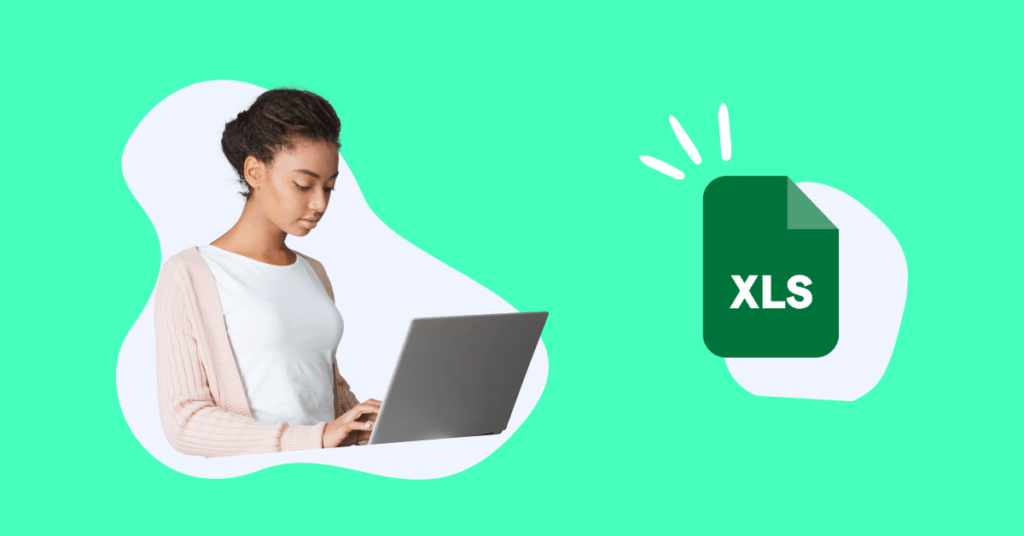As a self-employed entrepreneur, you are probably familiar with the idea of bringing in expenses in order to get tax benefits. One method considered is bringing in your home or home office as an investment (with associated depreciations). While this may seem attractive, there are some important reasons why it is better not to bring in your home as an investment.
I can hear you thinking? ‘Huh, not bringing in a business expense, why would I do that?’. Well, we won’t give you one reason, we’ll give you three right away!
1️⃣ Loss of tax benefits when you sell your home
The first major disadvantage of writing off your home as a self-employed person is that you lose your tax benefits when you decide to sell your home.
If you add your home office or full house as a business expense, you’re going to be able to write off 3% each year. So with a home office from €100,000, you will have €3,000 in additional costs each year. As a result, you will pay about €1,500 less in taxes each year.
By depreciating, you are actually saying in your accounts that your purchases are becoming worth less money. While that is not really the case with houses
In the current economy, most people sell their properties at (a serious) profit.
Tip from an accountant
Depreciation means that a purchase would become worth less. But if you do sell it for more when you sell, you will be taxed on that capital gain.
If you decide to sell your house after 10 years, your accounts say it’s still worth €70,000. But you can probably sell your home office (as part of the total sale of your home) for at least €120,000, giving you a capital gain of €50,000. You will be taxed on that capital gain.
You can see the sale of a home office as part of your home or your entire house as income from your sole proprietors. At least if you ever contributed the investment with accompanying depreciation.
Did you know?
Accountants will usually advise against bringing in your own home as an investment.
2️⃣ Chance of losing your home in bankruptcy
If you go bankrupt, you’re going to have some unpaid bills. Or you might have to pay a large compensation.
If you own a company, you usually have limited liability, so they are not allowed to touch your private assets in bankruptcy. If you bring in your house as an investment, you also make your house part of the business.
With sole proprietors, you have unlimited liability. This means that your private assets are not separated from your business finances.
Your creditors are entitled to their money, and because you have unlimited liability within a sole proprietorship, it means they can also claim your private assets for it. So you may have to come to your own savings account to pay off your debts. But with large debts, you may also have to sell your house.
Tip from an accountant
Are your activities risky? You can make a declaration of foreclosure with a notary.
3️⃣ Even if you stop, you will have to sell the property fictitiously (to yourself).
Are you stopping your business? Even then you are usually screwed. In case of cessation, you will also have to ‘sell’ all your goods and real estate in your accounts.
Such a withdrawal actually amounts to the property going back to yourself at market price. And even then, you will still be taxed on the capital gain.
However, under certain conditions, you can make use of the cessation surplus value in case of cessation. In that case, you can make use of exceptional low personal income tax rates, for example 10% or 16.5% on the capital gain on such an asset. This is a big difference from the progressive personal income tax rates of 25-50%.
Can real estate still be tax advantaged?
Utility costs
Your utility costs such as electricity, water, internet can be brought in. Even if you paid these from your private account.
Deposit rent
✅ Do you rent an office rental? Then of course you do, you rent the office for business use, which will also be described in your rental contract.
❌ Are you renting a flat or house? Then probably not! Your landlord will then have to pay more taxes, which means they will probably not agree.
❌✅ Are you a property owner and want to rent to yourself? This is very interesting with companies, but with a sole proprietor you cannot. With a company, you have a separate legal entity, to which you can rent out as a private person. With sole proprietors, there is no separate legal entity, you are actually renting to yourself. Which, of course, is not allowed.
❌✅ Renting from your parents in your parental home? That’s possible in itself, but has some drawbacks. There must be an official rental contract, which is also legally registered. The parents are going to have to pay taxes on the actual rental income (possibly minus the interest on their loan).
This may also mean that their loan is no longer fully eligible for the housing bonus, because a piece of the property is being rented out for professional activities. So there are other expenses that you can do better/easier than such a rental arrangement.
Do you want to do this anyway? Then it’s best to discuss this with an accountant.
How can you put these costs in your Dexxter accounts?
House or home office
Suppose you do want to bring in your house or home office, you can create the purchase invoice and categorise the purchase under investments. It’s best to depreciate over 30 years.
Utility costs
You can contribute your utility costs by creating an invoice . It is best not to set the business percentage higher than 20%, unless you can prove that your business use is higher.
Tip from an accountant
If you are subject to VAT and also want to recover VAT, you will also need an invoice with your vAT number. Otherwise, a receipt is sufficient.















